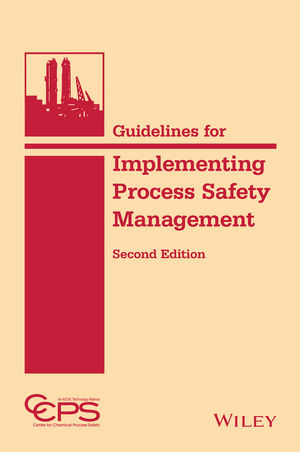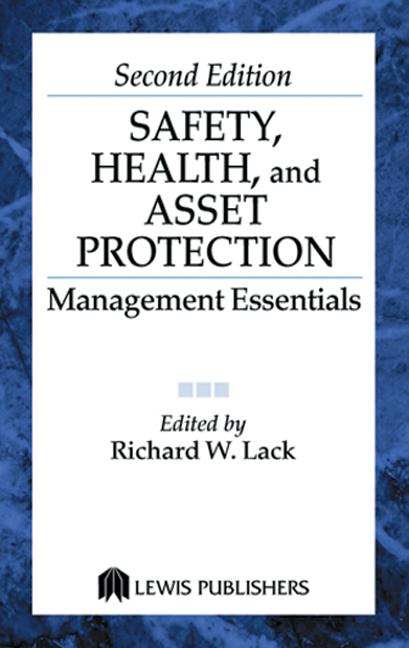President Trump this week signed into law comprehensive legislation aimed at slowing the nation’s opioid crisis. The 250-page bill called The Substance Use-Disorder Prevention that Promotes Opioid Recovery and Treatment (SUPPORT) for Patients and Communities Act (H.R.6):
- authorizes $36 million for each of fiscal years 2019 through 2023 to train and resources to first responders and other key community members on protection from occupational exposure to fentanyl and other opioids, and how to respond if an exposure occurs;
- authorizes $10 million in competitive grants to provide training for law enforcement officers and other first responders on best practices for handling fentanyl and other substances;
- mandates a pilot program for laboratories to detect fentanyl and other synthetic opioids;
- mandates the development or identification of best practices for safely handling and testing synthetic opioids;
- mandates the development or identification of reference materials and quality control standards related to synthetic opioids;
- mandates the development or identification of procedures for the identification of new and emerging synthetic opioid formulations and procedures for reporting those findings to law enforcement agencies and others.
The bill, which passed the House and Senate earlier this year with bipartisan support, also requires The Centers for Medicare & Medicaid Services (CMS) to establish a demonstration project to increase provider treatment capacity for substance-use disorders. New Medicare enrollees must include an opioid-use disorder screening and prescription history review and Medicare prescription drug plan sponsors must establish drug-management programs for at-risk beneficiaries.
"Bold steps"
This bill has won approval from the American Industrial Hygiene Association (AIHA), which congratulated Trump and the Congress for taking what it called “bold steps to address the opioid epidemic afflicting our nation and creating hazards in our workplaces.”
“This bill represents a significant next step along a long road,” said AIHA Government Affairs Director Mark Ames. “Several provisions that AIHA supports did not make it into the final bill, and we look forward to working with policymakers to address the many unmet needs of America's workforce."
The AIHA says it will continue working with federal and state policymakers to help protect workers from opioid exposures.





